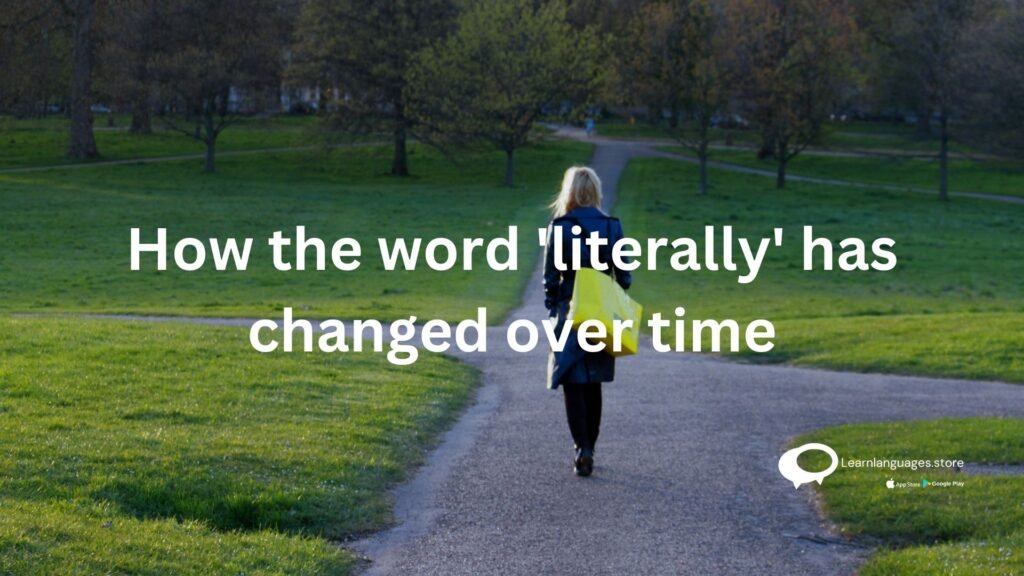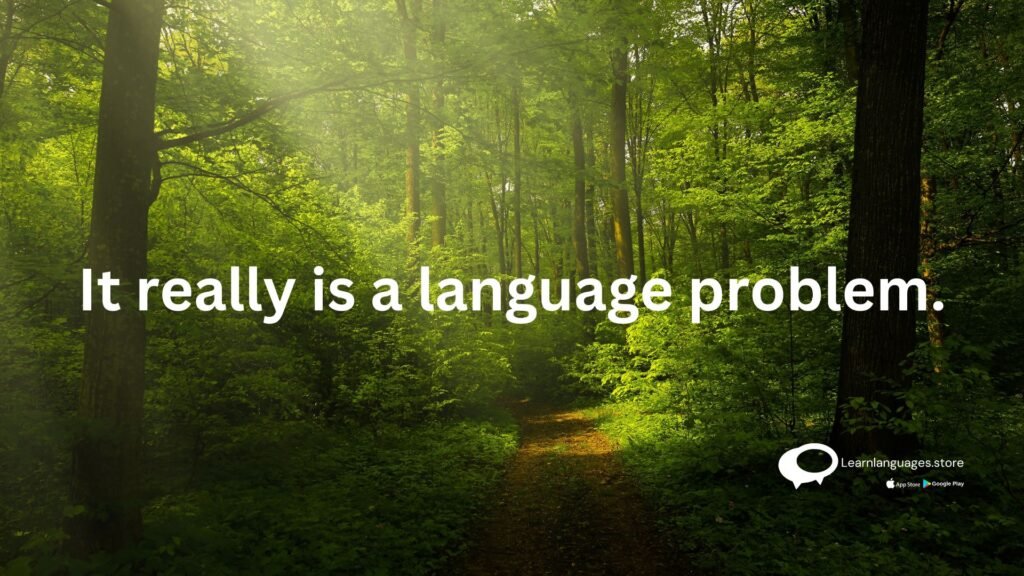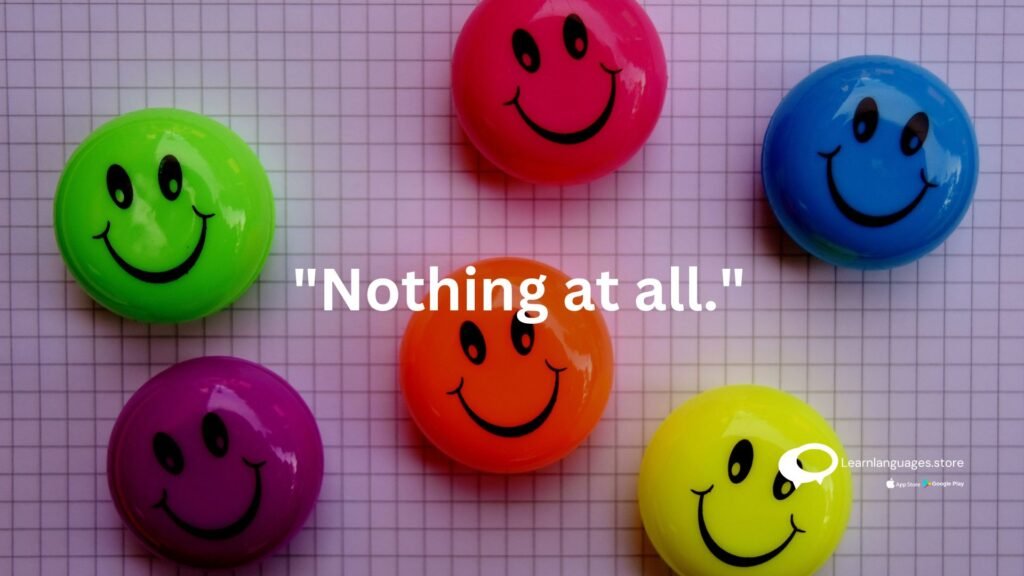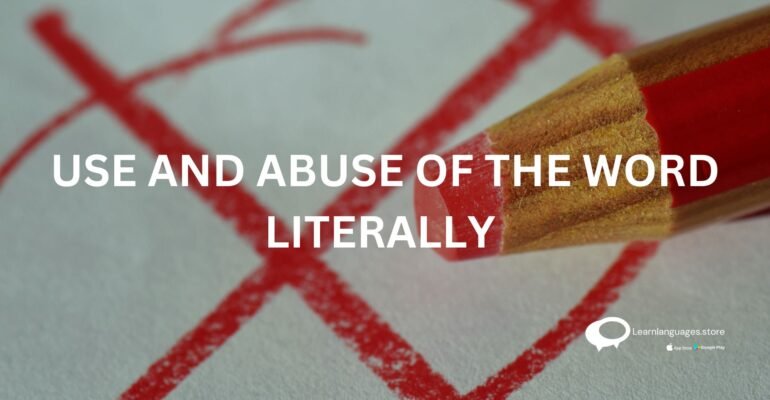USE AND ABUSE OF THE WORD LITERALLY – A CRISIS OF LANGUAGE?
USE AND ABUSE OF THE WORD LITERALLY – A CRISIS OF LANGUAGE?
How the word ‘literally’ has changed over time
Estimated reading time: 4 minutes
“That chilli was so hot that it literally blew my head off” it is use
“She went completely off the rails” and it is use
“That person makes my blood literally boil“
Literally.
It’s the infamous word that editors, academics, linguists, writers, and journalists all hate because people use it when they mean ‘figuratively’, which is the exact opposite.
Around 20–30 years ago, this (kind of) innocent adverb exploded into a meaningless filler word because it was used so often in fame and pop culture. It is now used by the young (and the old, but especially the young) to give their sentences more “oomph.” The problem is that the word has a specific and useful meaning that is being diluted and devalued by its repetition in the wrong situations.

It really is a language problem.
At least, that’s what some of the responses to the word “literally” would make you think. There seems to be a “literal panic” about using the word “literally” these days. Linguistic prescriptivists, who usually want to keep the rules of English as they are, have written dozens of commentaries and pieces on the topic to show how angry they are.
In truth, things are not nearly as bad as they seem.
Let’s (metaphorically) take a deep dive into the background of the word “literally.” officials.

Literally: Language Change or Language Butchery? When did people start to really worry?
It seems like people overuse the word “literally” is a problem of the 21st century, but this is not true. Literally is nothing new, strange, or bad, and the present panic about the loss of its original meaning is a bit misplaced.
“Literally” has been used in a non-literal way for hundreds of years!
Not only is it not a new thing, but its present, controversial meanings—hyperbole and emphasis—evolved gradually and in a natural way over time as language changed.
How the word came to be used Literally comes from French and Latin words that were borrowed into English. The French word literal means “relating to letters or literature,” and the Latin word litteralis means “taking words in their natural or usual meaning, without any other spiritual or symbolic meaning.”

The first time these words were taken from another language was in the early 1400s. Literal and literally were first used in this way around 1450.
By 1670, the word literally also meant something else. The Oxford English Dictionary, “to show that the related phrase or word must be taken literally, usually to emphasise.”
Here’s an example:
“What kind of sentence did he get? “Nothing at all.”
This new way of using literally, which was meant to add emphasis, was the first step towards the controversial and exaggerated way it is used today.
The word came to mean this new thing through a steady process of language change called “bridging contexts.”
Change in the literal sense: Bridging contexts gives words new meanings.
Literally came to signify “figuratively” through changing its connotation.

Literally was added to the word none to emphasise that there was no punishment. The previous meaning is “taken literally,” while the new meaning emphasises.
Either way you look at it, it makes sense, and the word literally could even be used both ways – to describe and to emphasise – in this situation. We don’t know what the writer meant when he or she used the word literally.
Learn Languages Store
Vashi,
Email: services@learnlanguages.store










